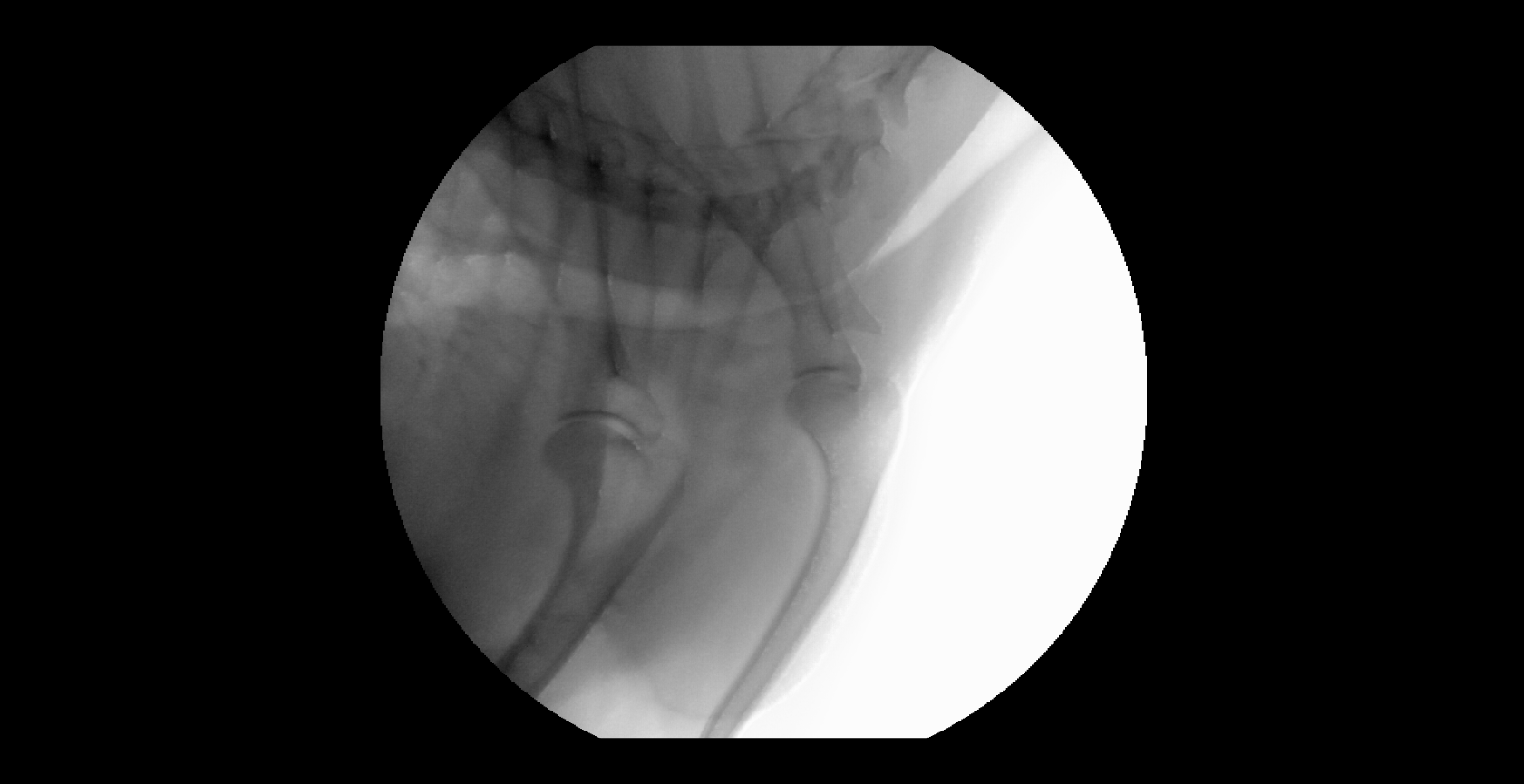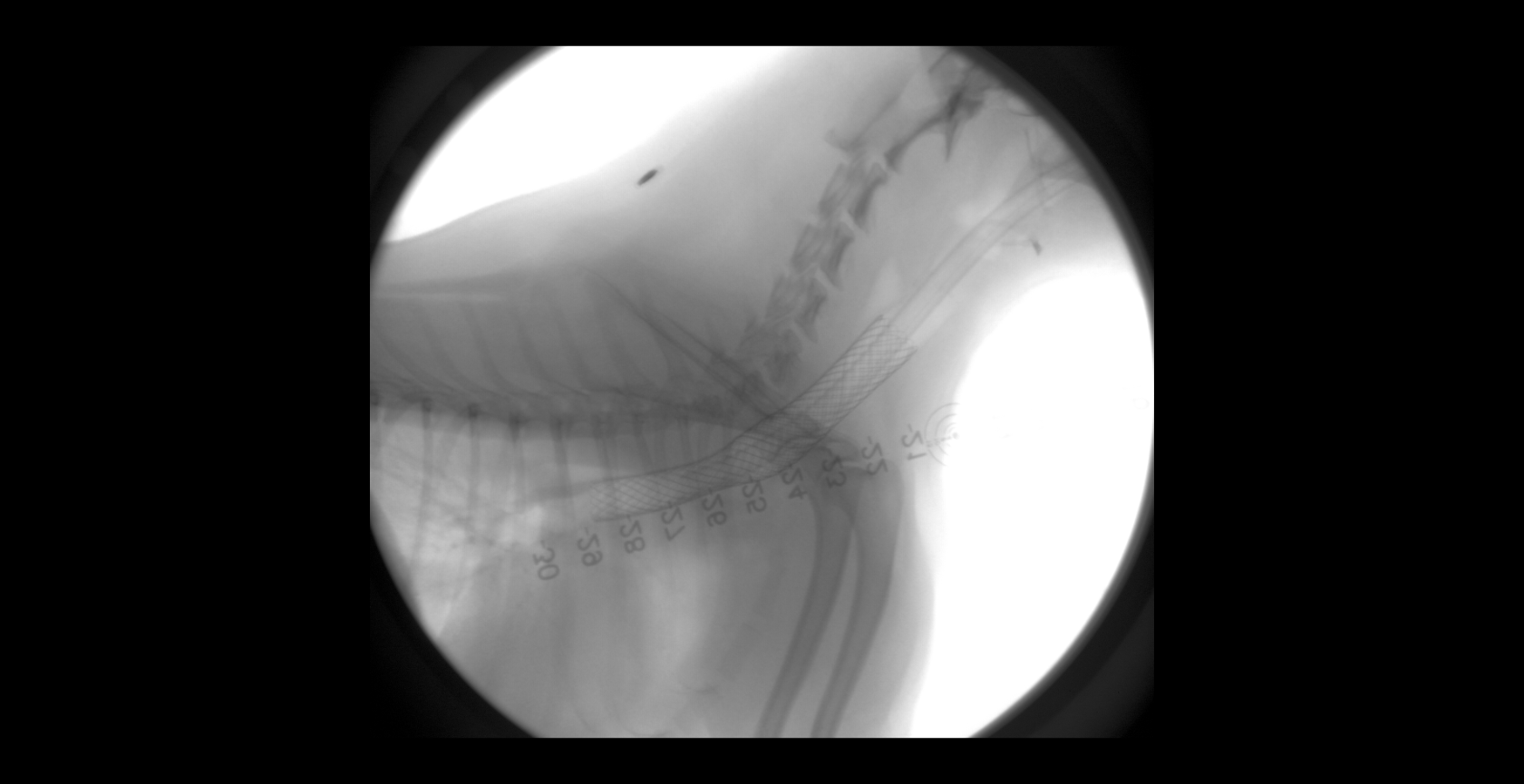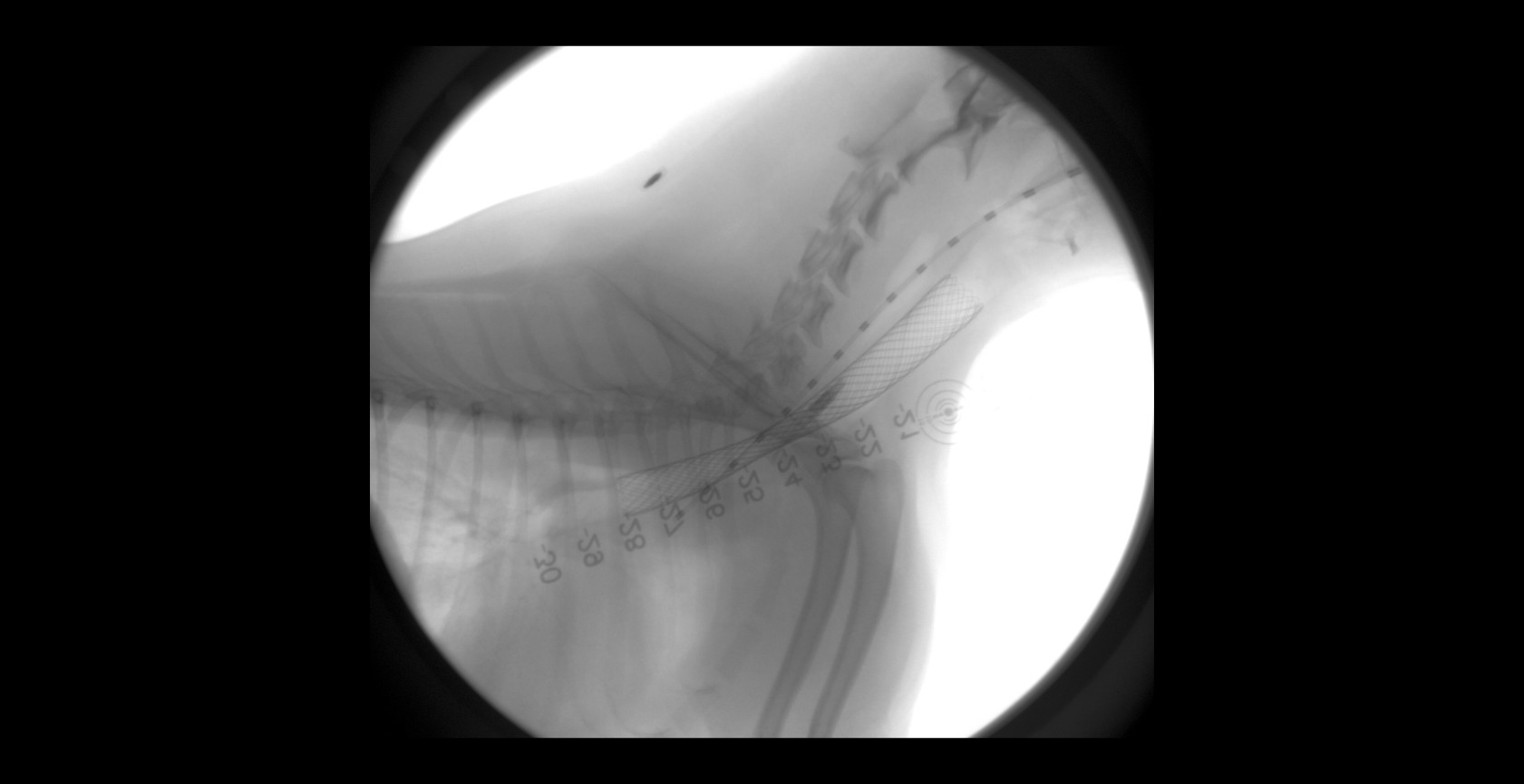WRD – Assisted Gastrointestinal Biopsies
Cats with chronic enteropathy present a difficult diagnostic challenge. The two most common differential diagnoses, chronic inflammatory enteropathy and alimentary lymphoma, can only be reliably differentiated by biopsy. Endoscopic biopsies are limited to only two segments of the intestine and obtain superficial samples limited to the intestinal lining. MISCA’s solution is the wound retraction device (WRD) which allows access to the entire intestinal tract through a 2 cm incision. The WRD allows full thickness biopsies of all three segments of the small intestinal tract in addition to samples of the stomach, lymph nodes, liver, pancreas, and colon if needed. Cats often eat the same day, and do not require overnight hospitalization.

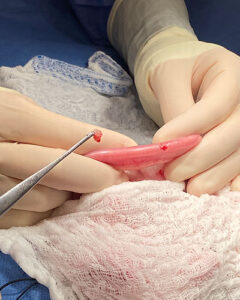
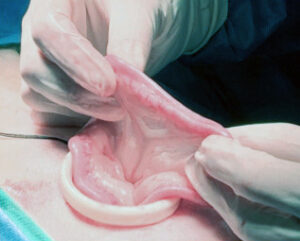 WRD-assisted gastrointestinal biopsies are appropriate for cats with a chronic enteropathy that have had an abdominal ultrasound indicating some degree of intestinal wall thickening. Cats should NOT be on oral or injectable steroids prior to the procedure as this may deem the biopsies to be nondiagnostic.
WRD-assisted gastrointestinal biopsies are appropriate for cats with a chronic enteropathy that have had an abdominal ultrasound indicating some degree of intestinal wall thickening. Cats should NOT be on oral or injectable steroids prior to the procedure as this may deem the biopsies to be nondiagnostic.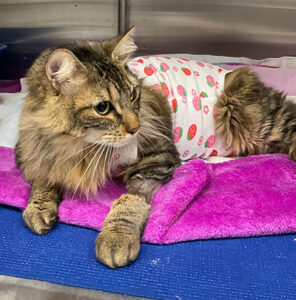 The WRD procedure is performed by our soft tissue surgeon. Cats are typically discharged the same day, several hours after the procedure is completed. Many cats return to eating later that evening. A recheck will be scheduled within 2 weeks after the procedure to assess healing and discuss the results of the biopsies and testing. A complete clinical summary will be provided to you and your veterinarian explaining treatment options and/or referral to an oncologist if recommended.
The WRD procedure is performed by our soft tissue surgeon. Cats are typically discharged the same day, several hours after the procedure is completed. Many cats return to eating later that evening. A recheck will be scheduled within 2 weeks after the procedure to assess healing and discuss the results of the biopsies and testing. A complete clinical summary will be provided to you and your veterinarian explaining treatment options and/or referral to an oncologist if recommended.